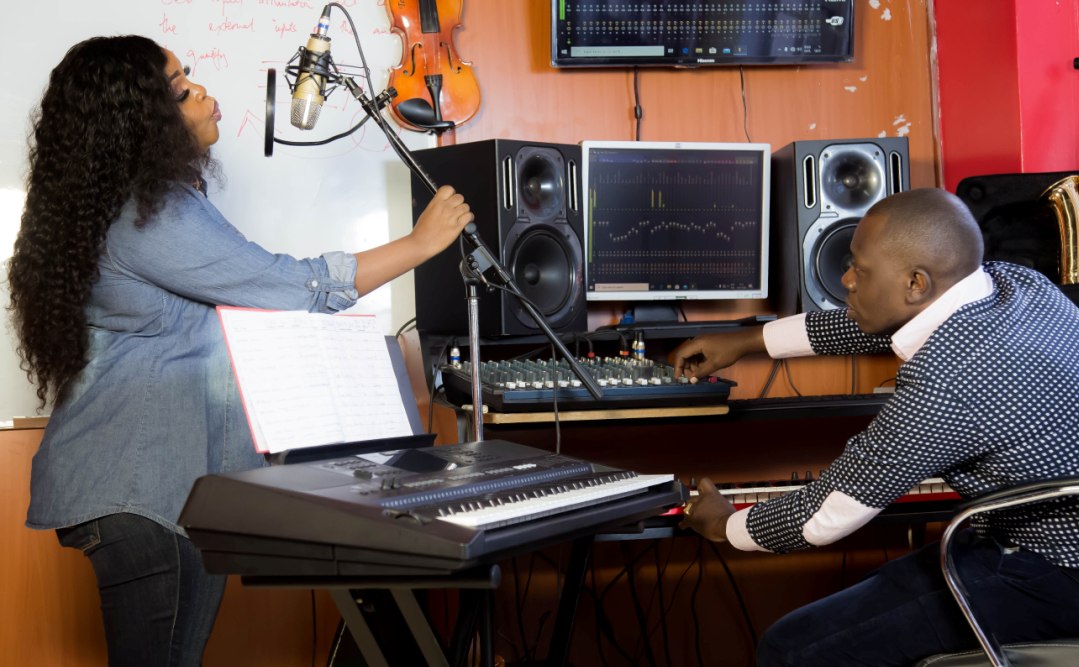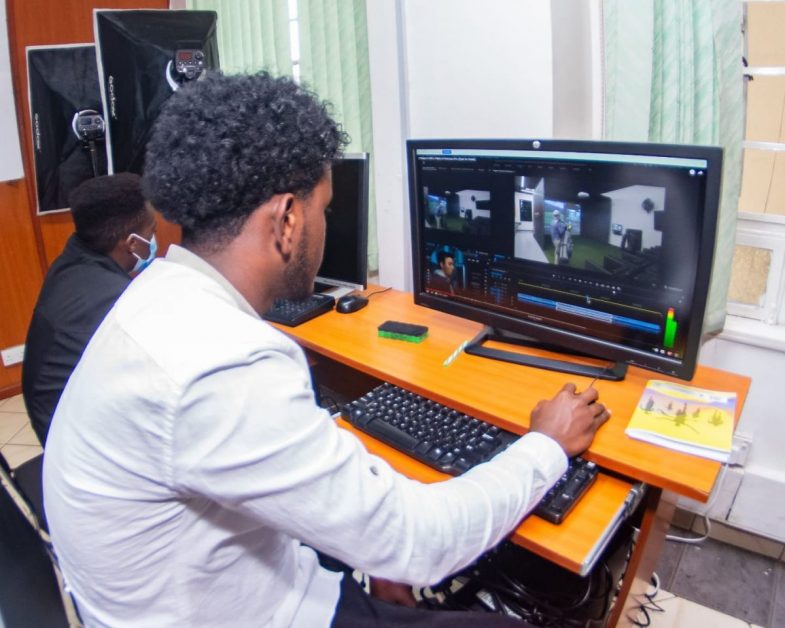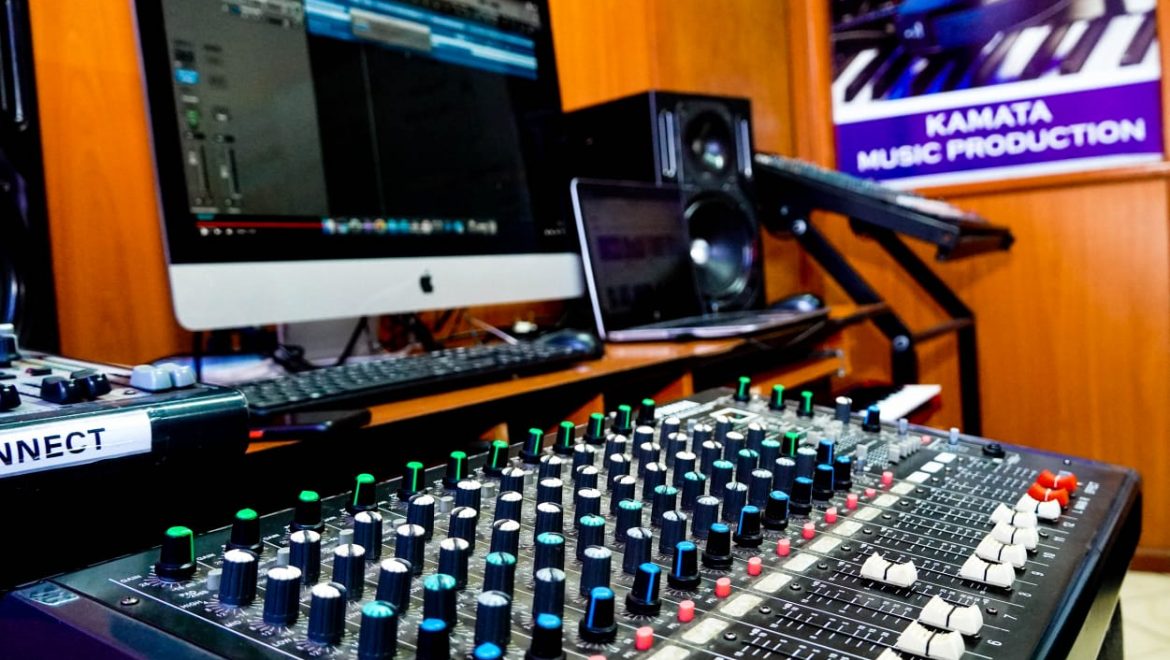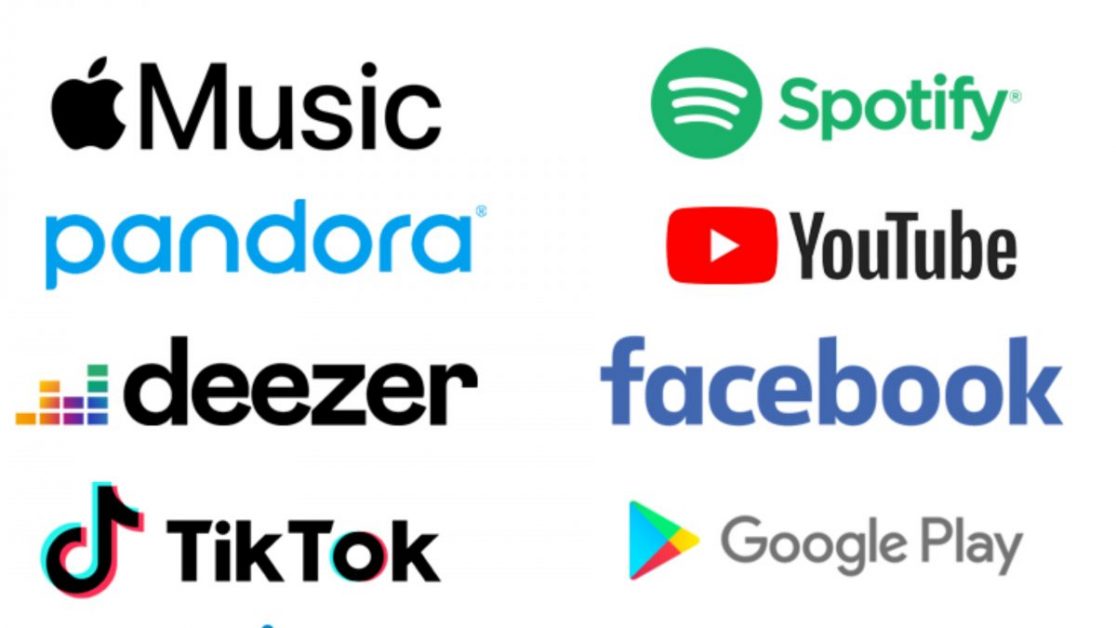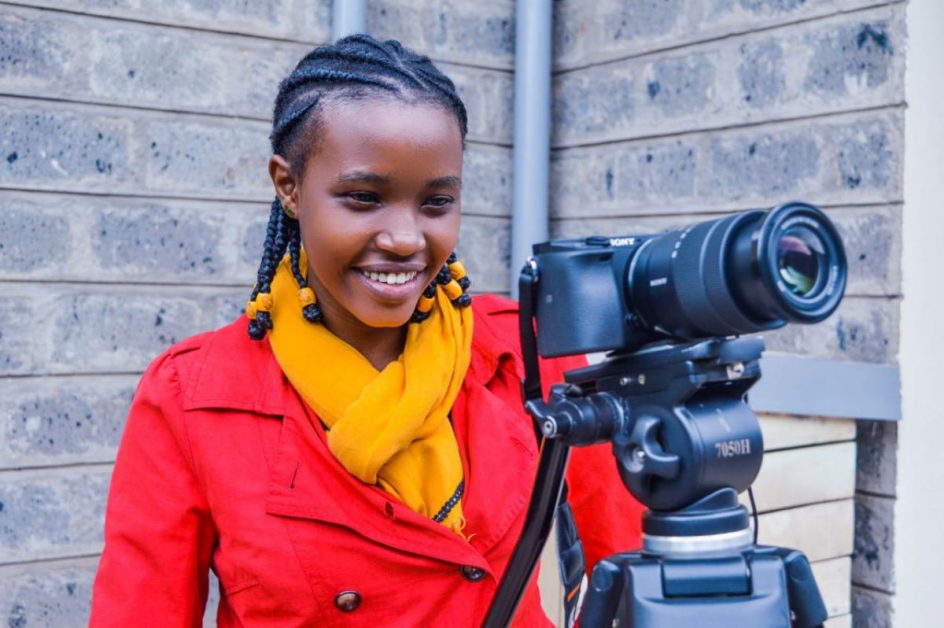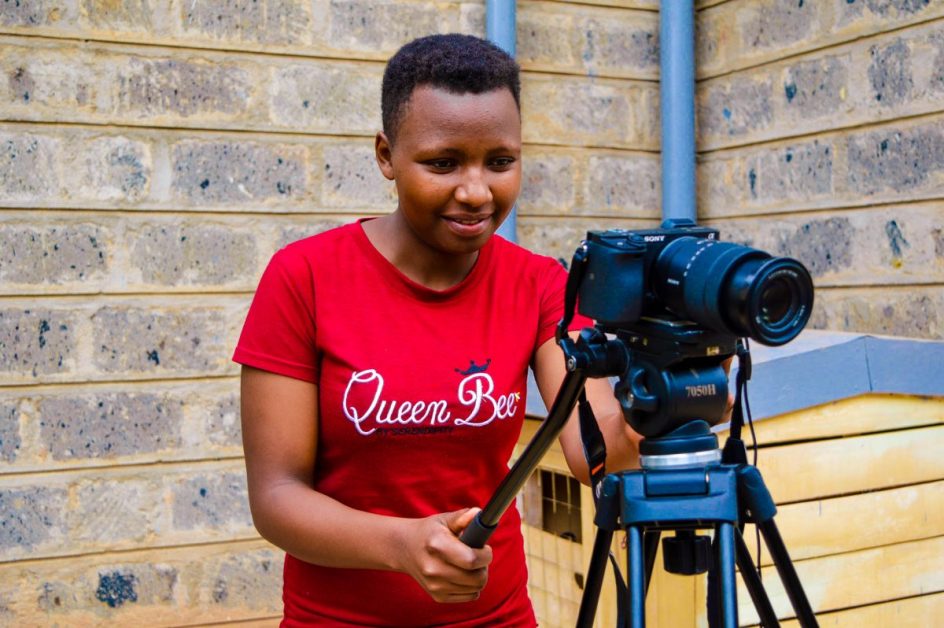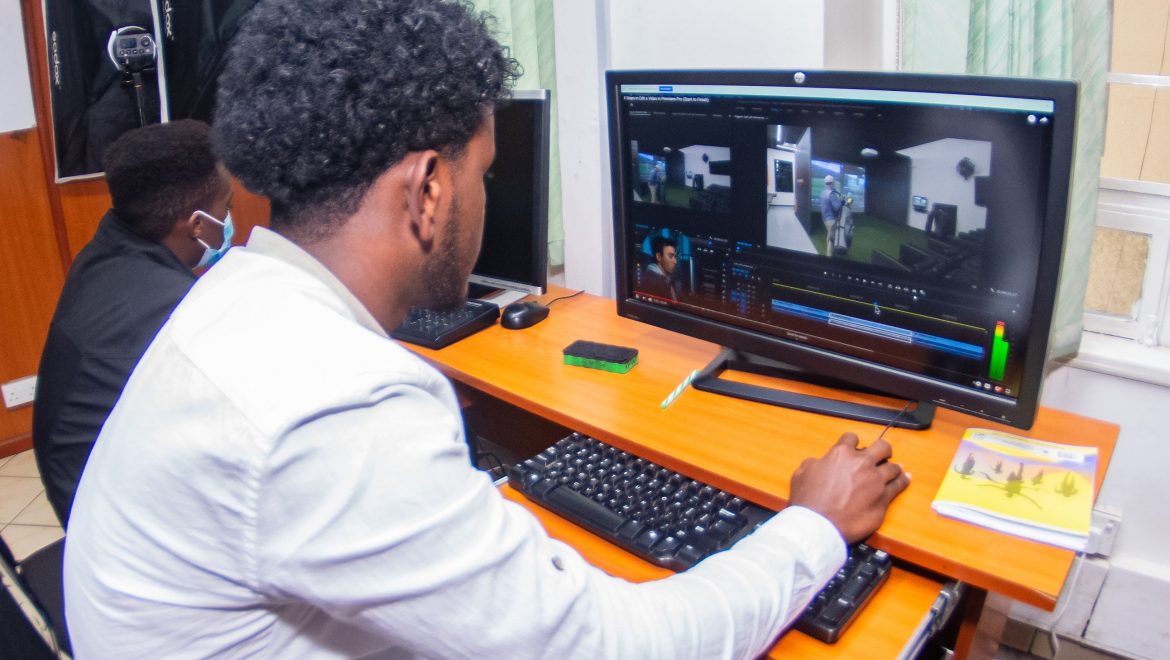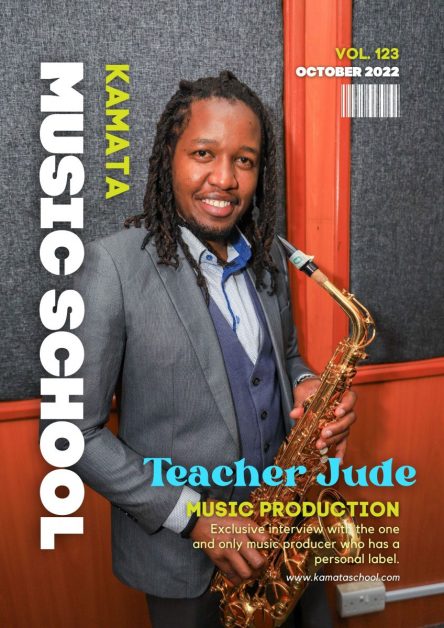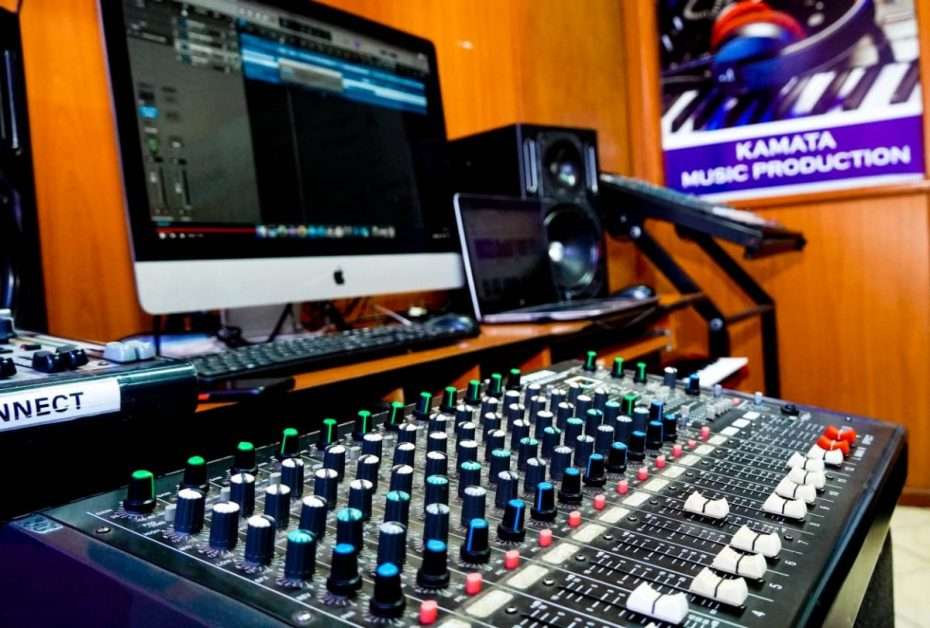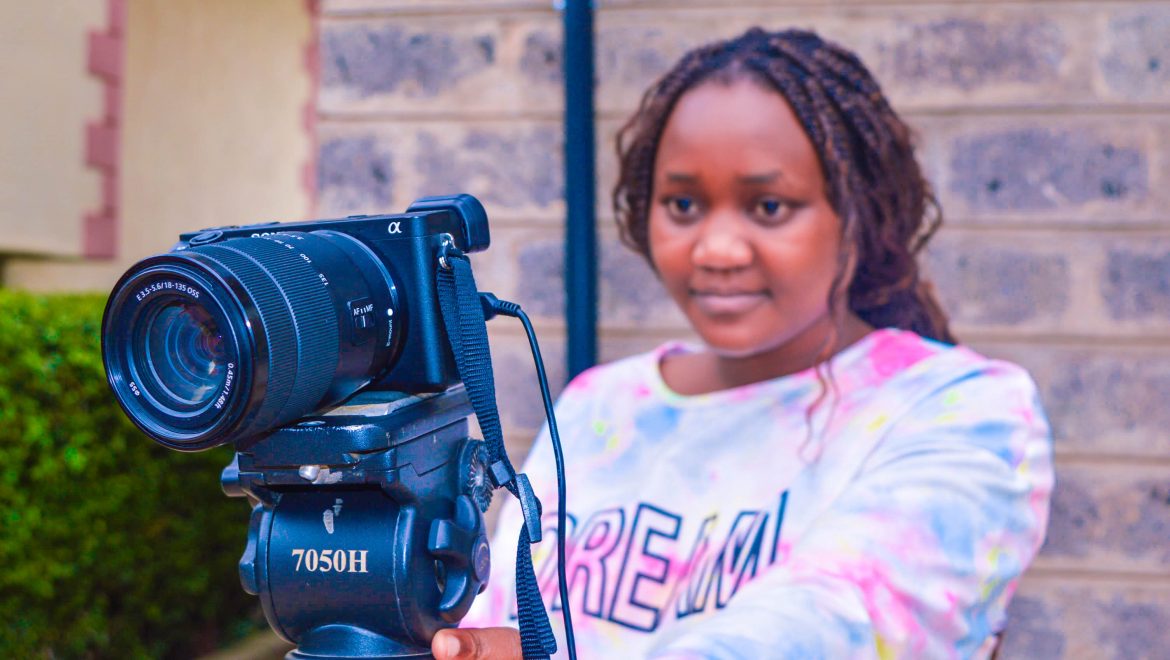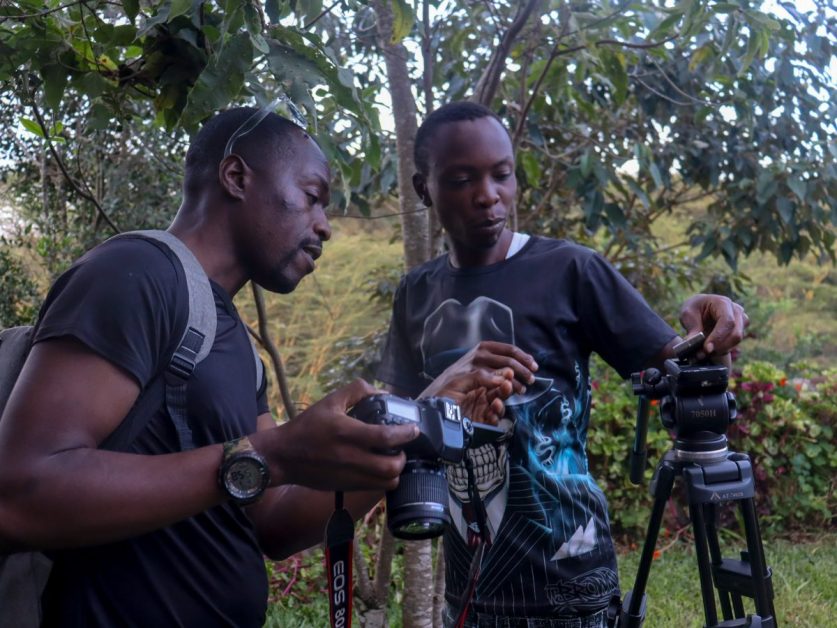Interview Tips. What Makes A Good Journalistic Interview?
Interview Tips. What Makes A Good Journalistic Interview?
An interview is a process of obtaining information from the person you are interviewing. A journalist needs to conduct an interview, especially when looking for content to write about. The person being interviewed is known as the source.
What is a source?
In journalism, a publication, a document or a person that gives you information is known as the source. Obtaining information from a person is more delicate than reading a book or document. As a result, the interviewer has to build trust with the interviewee to get effective results. Furthermore, journalists expand their network and contacts to get more stories.
Getting information from a person needs good interview skills. Let us look at some of the tips.
1. Prepare for the interview
A journalistic interview is different from a job interview. Look for a place where both you and the interviewee are comfortable. Choose a place where your interview won’t be interrupted or interfered with.
Also, confirm if your recording equipment is working. Make sure you test your mics and cameras before the interview. Always record your interviews. Why? To make you focus on the discussion and also for future reference. Ask for permission before you record.
2. Do more research before the interview
Before the interview, read as much as possible about the source. This will help you get the right question to ask the interviewee. You can also use your knowledge of your subject to build rapport. They will appreciate your showing interest in them.
3. Have a list of questions to ask
Always have a list of questions that you want to ask your subject. You can put them in the order you will ask. Start with soft questions to break the tension and build the conversation. Moreover, asking open-ended questions makes the conversation go. Yes or no answer questions will make the interview boring and end faster. Remember, you are the one controlling the interview, don’t make the discussion casual.
4. Appreciate people in the interview
Make people feel appreciated in the interview, and listen to how they express their ideas. You do not have to support their knowledge. It is all about listening to how they articulate their points.
5. Take charge of the conversation
In the process of the interview, the subject might be fired up and seem to be out of control. Maybe the information is not clear. As an interviewer, ask the interviewee to slow down and repeat the statement. Also, constantly use the word wait if the subject goes off the topic. Additionally, make the interviewee stop and make him explain something that you do not understand.
6. Take a break
It is essential to make your interviews short. However, if the discussion is long, ask for a short break to break the ice. Going through an interview can be an exhausting process. Do not conduct an interview when you are tired. It will be hard to concentrate. So, whenever you find yourself yawning during the interview, take a short break.
7. Create controversy towards the end
If a subject you cover refuses to answer questions, becomes hostile, or storms off, ask a follow-up question. Furthermore, you could frame your question in many ways, such as: “Pablo said you are overreacting. How would you respond to that?”
8. Always Say Thank You
End interviews by asking the interviewee to add any final thoughts or comments. Also, once you have checked the basic information of your interviewee, ask how they would like to be referred to in the article. Remember to say thank you!
A journalistic interview is an opportunity to learn about a person, their background, and other essential facts. Do this by asking questions and learning new things about the person. Join Kamata Entertainment School, learn TV and Film Production and be the best at conducting interviews.
Please Follow us on the:



